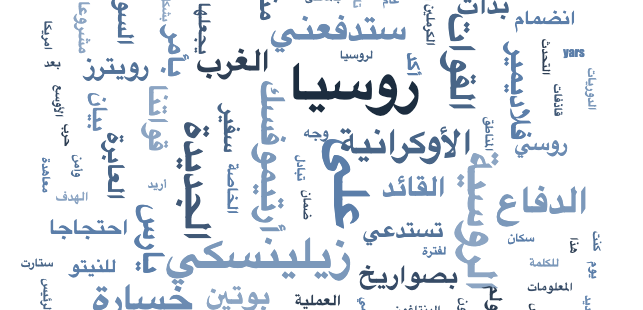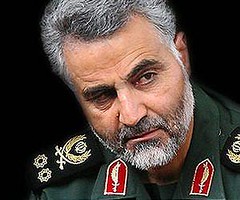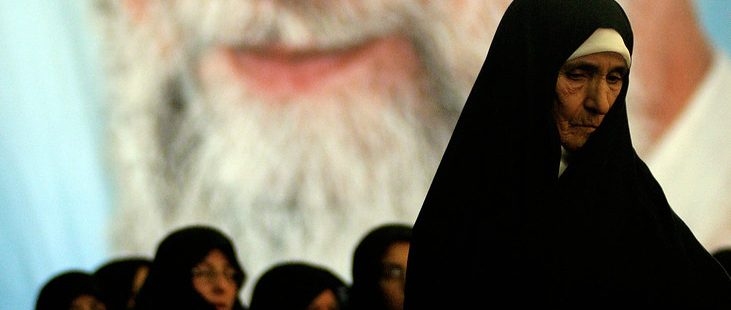Navigating a Multifaceted Predicament: Egypt’s Media Discourse in the Face of Gaza Conflict, Presidential Elections, and Public Anger
Author: Nada Kabbary, Media Researcher and Chevening Scholar @ King’s College, Digital Humanities Amidst a substantial economic crisis and preparations for a presidential election scheduled for December 2023, the Egyptian state was primarily focused on cultivating a favourable image of its primary candidate while suppressing potential contenders that posed a threat to its power. This strategic manoeuvre aimed to facilitate President El-Sisi’s pursuit of a third term in office. However,







